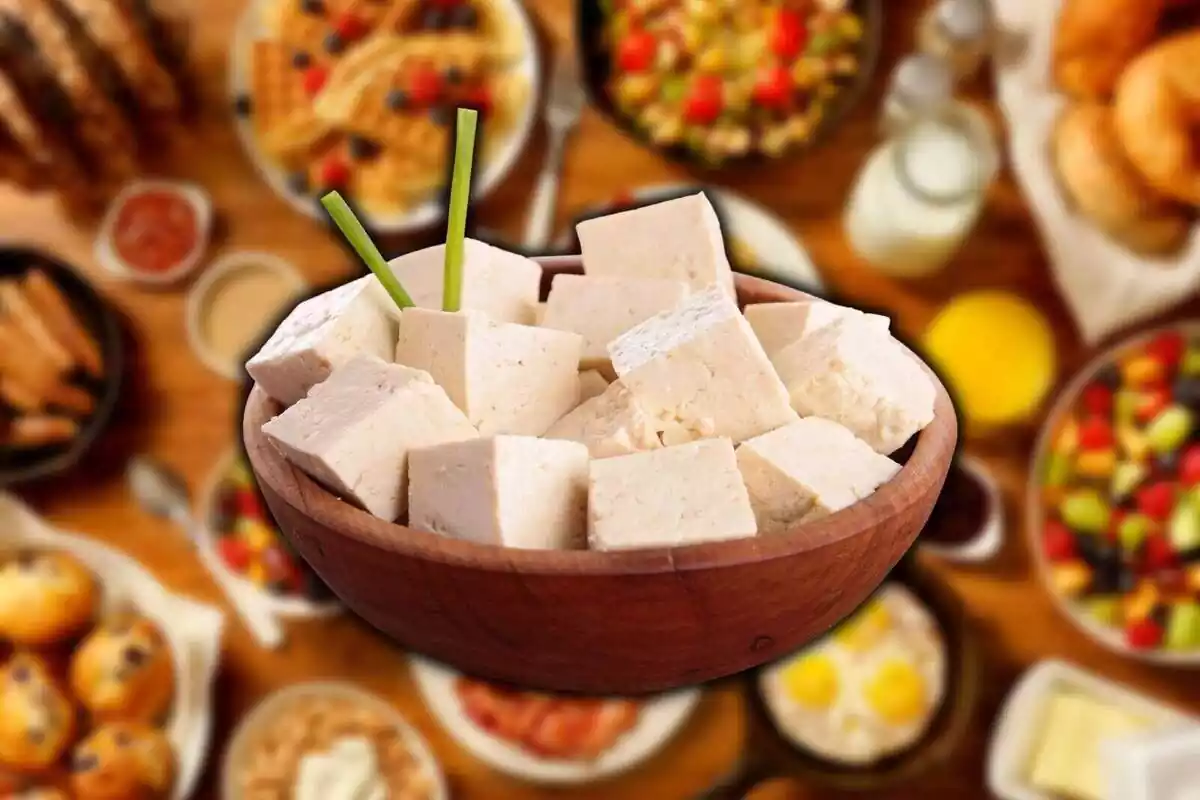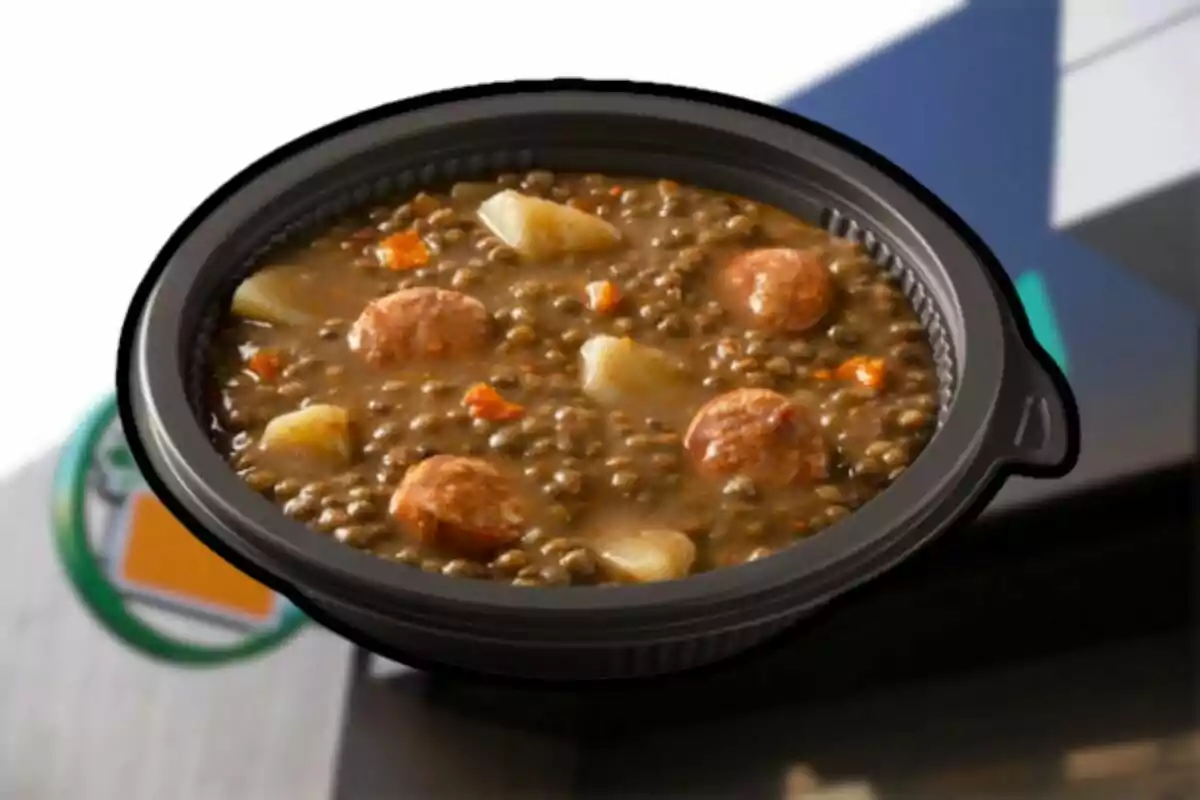For years, the egg has been the star food when it comes to protein. It's easy to prepare, affordable, and is part of many healthy diets. However, it isn't the most protein-rich.
Many people believe there's nothing better than the egg for building muscle or staying full. But the reality is that there are other foods that provide more protein per serving. Some even triple its content.

In addition, many of them not only stand out for their protein content. They also offer other benefits such as fiber, vitamins, healthy fats, or omega-3. The best part: they're easy to find at any supermarket.
1. Greek yogurt
It has 16.1 grams per 5.5 oz. container (16.1 g per 156 g). It's denser and creamier than regular yogurt thanks to its straining process. In addition, it's ideal for healthy breakfasts or snacks.
2. Chicken breast
With 22.5 grams per 3.5 oz. (22.5 g per 100 g), it's one of the most complete proteins. It contains all essential amino acids. It's low in fat, sodium, and calories.
3. Canned tuna
It provides 21.7 grams per 3 oz. (21.7 g per 85 g). Rich in protein and omega-3, it's perfect for supporting heart health. If it's packed in water, it's also low in calories.
4. Salmon
It offers 20.3 grams per 3.5 oz. (20.3 g per 100 g). It's an excellent source of vitamin D and essential fatty acids. It helps strengthen bones and joints.

5. Black beans
They have 6.91 grams per 3.5 oz. (6.91 g per 100 g). They're ideal for vegan diets, as they provide fiber and protein. In addition, they improve digestive and cardiovascular health.
6. Edamame
It provides 18.4 grams per cup (18.4 g per 155 g). As young soybeans, it's a complete protein. It's versatile and can be added to many dishes.
7. Tofu
It contains 17.8 grams per cup (17.8 g per 248 g). It's low in calories and rich in minerals such as calcium and selenium. It can replace eggs in vegan dishes.

8. Peanut butter
It offers 7.1 grams in two tablespoons (7.1 g in 32 g). It's an energy source and can be used in sweet or savory recipes. It also pairs well with soups or sauces.
9. Almonds
They provide 7.6 grams per 2 oz. (7.6 g per 56 g). They're rich in healthy fats, vitamin E, and magnesium. They help reduce cholesterol and improve cardiovascular health.
10. Lentils
They have 17.9 grams per cup (17.9 g per 198 g). They're low in calories, high in fiber, and very complete for any type of diet. They work well in soups or salads.

11. Quinoa
With 8.14 grams per cup (8.14 g per 185 g), it stands out for its anti-inflammatory properties. It's a complete and antioxidant plant-based protein.
12. Beef or pork
Both have around 20-21 grams per 3.5 oz. (20-21 g per 100 g). They're rich in iron, vitamin B12, and zinc. They're ideal for keeping muscles and the nervous system healthy.
Therefore, the egg isn't the only option for those looking to increase their protein intake. The variety of protein-rich foods available allows choices to be adapted to different tastes, dietary needs, and lifestyles. Whether you follow an omnivorous, vegetarian, or vegan diet, there are multiple alternatives that are just as or even more protein-rich.

